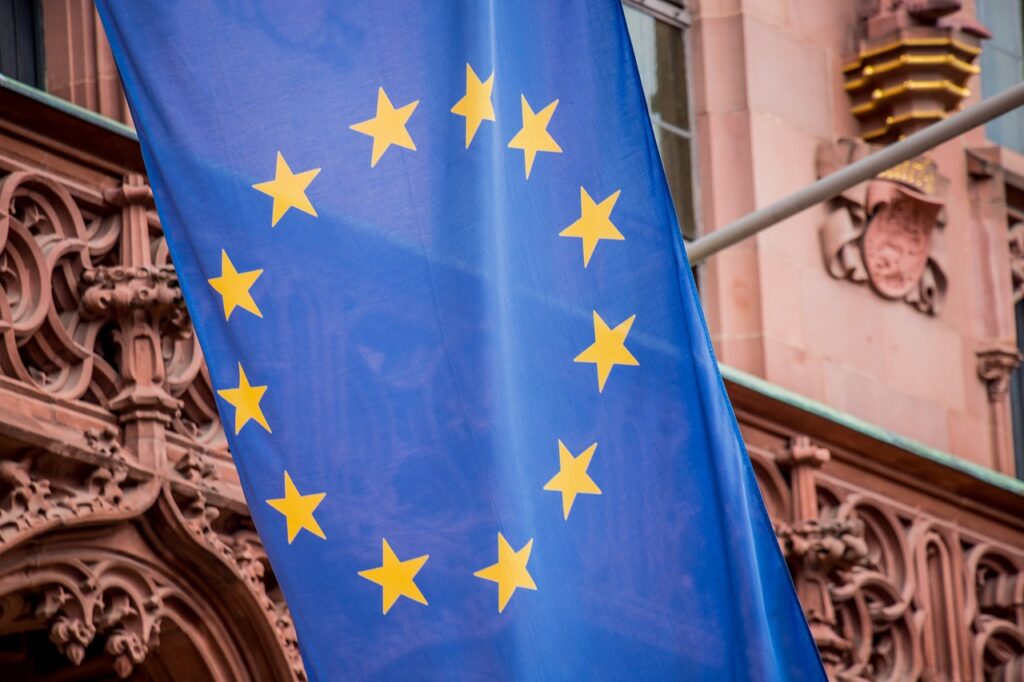As pressure mounts to decarbonize international shipping, a coalition of seven environmental and industry organizations has urged the European Commission to address critical gaps left by recent International Maritime Organization (IMO) decisions.
In a letter sent to EU leadership, the group warned that current international regulations fall short of supporting green hydrogen and synthetic e-fuels, and risk undermining the EU’s climate ambitions.
The letter, representing 82 clean maritime and hydrogen stakeholders across Europe, criticized the IMO’s updated climate strategy—agreed in 2023—as lacking the necessary mechanisms to drive rapid emissions reductions. While the IMO committed to a 20% reduction in emissions by 2030, 70% by 2040, and net zero by 2050, along with a 5% uptake of zero or near-zero emission fuels by 2030, the signatories argue these targets are not backed by enforceable standards or adequate incentives.
The coalition pointed specifically to the failure to implement a universal greenhouse gas levy and the continued allowance of fossil-derived alternatives like LNG and biofuels under green fuel frameworks. These choices, they argue, could delay the development and adoption of more sustainable technologies such as hydrogen-based fuels, which are essential for deep decarbonization.
In response, the group is calling for more assertive action at the EU level. They recommend that the EU introduce financial instruments by 2025 to support the scale-up of e-fuel producers, expand the EU Emissions Trading Scheme in 2026 to include smaller vessels and allocate revenues to support green maritime fuels, and reinforce the FuelEU Maritime regulation in 2027 with more stringent targets and clearer preferences for hydrogen-derived fuels. They also call on the EU to take a leadership role within the IMO to standardize how green fuels are defined, measured, and incentivized.
The letter comes in the wake of an April IMO meeting that was hailed by some as a milestone for global shipping but ultimately criticized by many in the clean energy sector for lacking ambition. According to the signatories, while the EU delegation advocated for more aggressive measures, the final outcome did not reflect those proposals. In their view, the resulting policies neither price shipping emissions adequately nor provide enough market support for truly clean fuels.
Organizations behind the letter include the Green Hydrogen Organisation, Zero Emissions Ship Technology Association (ZESTAs), Carbon Market Watch, NABU (Nature and Biodiversity Conservation Union), Portugal’s Associação Sistema Terrestre Sustentável, Italy’s Cittadini per l’Aria, and the Sasha Coalition.
With international shipping responsible for nearly 3% of global greenhouse gas emissions—and with freight volumes expected to rise—the stakes for meaningful maritime reform are high. The coalition emphasized that hydrogen and e-fuels are not just cleaner alternatives but also critical to aligning global shipping with the 1.5°C target of the Paris Agreement.
Stay updated on the latest in energy! Follow us on LinkedIn, Facebook, and X for real-time news and insights. Don’t miss out on exclusive interviews and webinars—subscribe to our YouTube channel today! Join our community and be part of the conversation shaping the future of energy.





